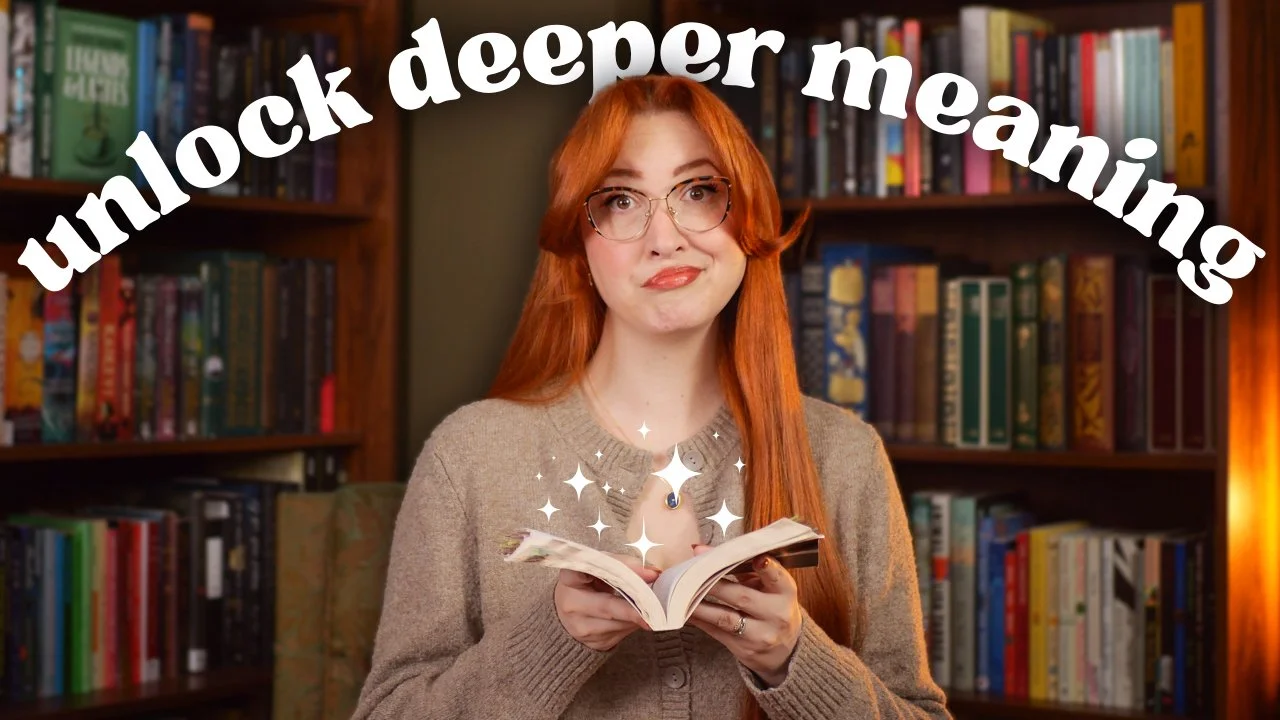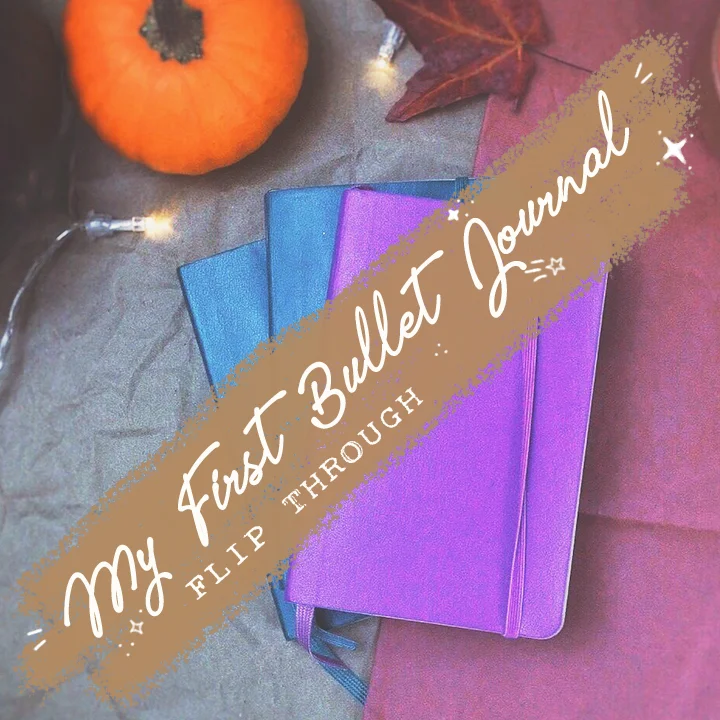How To Be An Intersectional Vegan
Intersectionality has become a hot-button topic amongst vegan activists and advocacy groups in the past year. But what is it, and why should vegans be working to make room for intersectionality in their own personal advocacy?
What is intersectionality?
Simply put, intersectionality is an understanding of the interconnected nature of all forms of oppression; from racism, sexism, classism, ableism, speciesism, and beyond.
These categorical hierarchies are not disparate forms of oppression, but are in fact mutually dependent and intersecting in nature - composing a unified system of oppression throughout society.
For example, someone who is both a woman and queer will experience oppression due to her sex and her sexuality, not entirely separately as if each trait existed in a vacuum, but in an interconnected, compounded way. In other words, the oppression she feels is greater than the sum of its parts.
The value of intersectionality comes not only from understanding this compounded effect of oppression and privilege within society but also from its tendency to reveal the common roots of all oppression, bringing members of various social groups together.
Intersectionality is a term that was coined by Kimberlé Crenshaw in her 1989 essay "Demarginalizing the Intersection of Race and Sex: A Black Feminist Critique of Antidiscrimination Doctrine, Feminist Theory and Antiracist Politics." Learn more about Crenshaw and the history of intersectionality here.
Why do we as vegans need to embrace intersectionality?
Because we are stronger together. And no individual should be oppressed, regardless of their gender, sexuality, race, nationality, class, abilities, religion, or species.
Think of the change we could create in our world if every social justice group came together. If rather than individual groups fighting for recognition, we were able to come together and fight for justice for all.
If feminists fought not only for the rights of women, but also for the rights of people of colour. Not just people of colour who are also women, but ALL people of colour.
If LGBTQ+ activists fought for animal rights in addition to the rights of the members of the LGBTQ+ community.
If vegans fought for the rights of marginalized people from every walk of life in addition to fighting for the rights of non-human individuals.
We would add MILLIONS of voices to each of these vital causes. We would create safe, welcoming spaces for countless people to become more open to our message.
This is how real change will come about. Not from constant reductionism of the issues, but from an understanding that oppression is wrong, no matter who is being oppressed. That oppression must end, and we must unite to make this dream a reality.
Not only is it necessary, but it's simply the right thing to do.
How can we go about doing it?
Now that we understand why intersectionality is so important, how can we go about bringing it into our activism?
There is a strong impression from outside the vegan community that vegans don't care about people. As a vegan myself, I can tell you that this idea is utterly false. But I can understand how people may get this impression when select vegans and vegan organizations use, for example, the sexualization of women's bodies to push vegan activism into the media.
Veganism isn't just about the animals. It is about compassion for ALL. And that includes humans.
ONE Open Your Eyes.
The very first thing you need to do to include intersectionality in your activism is to open your eyes to the oppression that is all around us. Educate yourself on various social justice movements; watch documentaries and interviews, read articles and essays. You must be aware of oppression before you can fight it.
TWO Listen.
Once your eyes are open, it's time to open your ears.
I am white. While I do my best to advocate for people of colour, I am not part of that particular group. I don't have personal experience with oppression due to my race. This is why listening is so very important. I listen when friends and acquaintances of colour talk about their experiences. I let them share their story and empathize. I allow them to shape my understanding of their situation.
Learn about larger social justice movements, but also learn about individuals from individuals. Let them shape the narrative by being a supportive listener. Those within any given group should have the first opportunity to speak out, so let them.
THREE Give Your Voice.
Once you've opened your eyes and your ears to learn about larger movements and the individual experiences of oppressed people, it's time to speak up. Lend your voice to their movement.
It is important to amplify their voices, not talk over them. This is dependant on the situation, and only you can determine when it feels right to speak up. The rule of thumb I tend to rely on is that if no members of a given group are present, I should speak up against harmful language or behaviour that perpetuates oppression against that group. If one or several members of that group are present, I allow them to speak up for themselves.
Now, sometimes you will make a mistake. And that's ok. We'll talk about what to do in that situation a little later.
FOUR Give Support Without Expectation.
Support other social justice groups not only with you voice, but with your time. It is important, however, not to hijack the spotlight for another cause. This is the reason that I dislike some of the ways that vegans advocate at annual Pride festivals. Many use the opportunity to speak out against the oppression of animals, while the best use of their time is to stand in solidarity with the LGBTQ+ community. This is not to say that if someone were to ask you about veganism that you can't engage in conversation, but that your support to the LGBTQ+ community should be given genuinely, because it's the right thing to do, not because you expect to get a platform for the cause you 'truly' care about in return.
Not only does this do more for ending oppression in all its forms, but it makes the vegan movement far more welcoming to the members of the groups we support.
Give freely of your compassion, and great things will happen.
FIVE Look At Your Language.
Be aware of the language you use in your vegan adovacy, and in your day-to-day life.
There has been much controversy over the continued use of the phrase "all lives matter" in the vegan community since Black Lives Matter came onto the scene. Many vegans who continue to use the phrase claim that as they used it prior to this movement, there is no reason for them to stop.
The problem with this logic is that the continued use of this phrase, which has come to be viewed as racist, pushes a whole group of people further away from the vegan movement. It makes people of colour feel unsafe within the vegan community, and despite the fact that they are telling us this, some vegans continue to ignore them. They're not listening, and it's a problem.
Whether it be the use of the terms slavery, rape, or holocaust, it does us a world of good to think before we speak, and listen when we are told that our language is harmful.
SIX Apologize For And Learn From Your Mistakes.
We all make mistakes. We are only human, after all. I make mistakes every single day in my effort to be more pro-intersectionality. I accept that I have made and will continue to make mistakes. And when I realize I have, I apologize, learn, and move on.
This is especially important if it happens within a conversation with a non-vegan. If they point out your use of harmful language, listen. Don't defend your use or argue, just listen. Apologize for your use of language that hurt them, thank them for telling you, and let them know you'll think about it further. That's all you need to do. Extend basic respect to the other person and be willing to accept your mistakes.
I hope today's post has helped you to understand intersectionality and to consider making it a larger part of your everyday activism. Feel free to leave any questions or comment you may have in the comments below!
Until next time,
Want more? Check out these two incredible articles on the topic written by Aris Austin.












